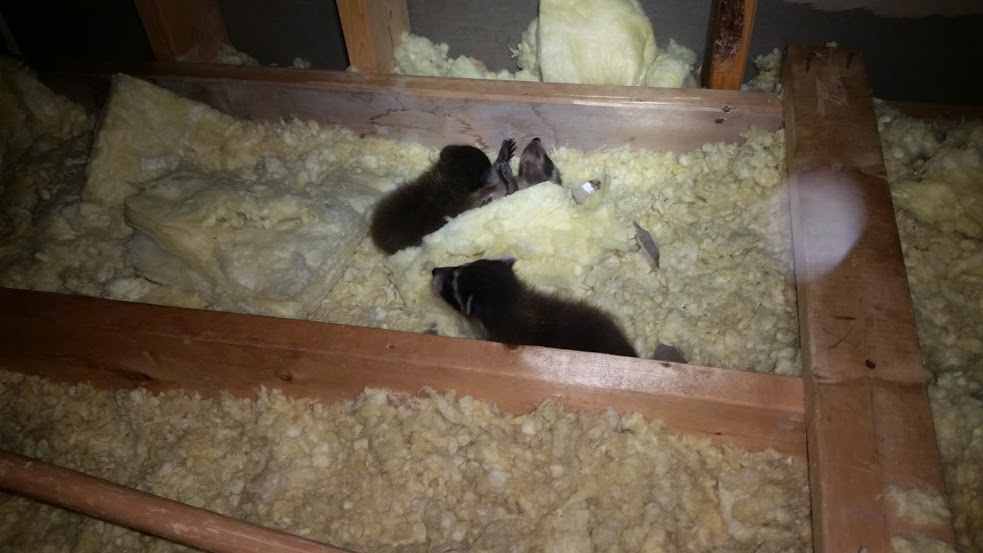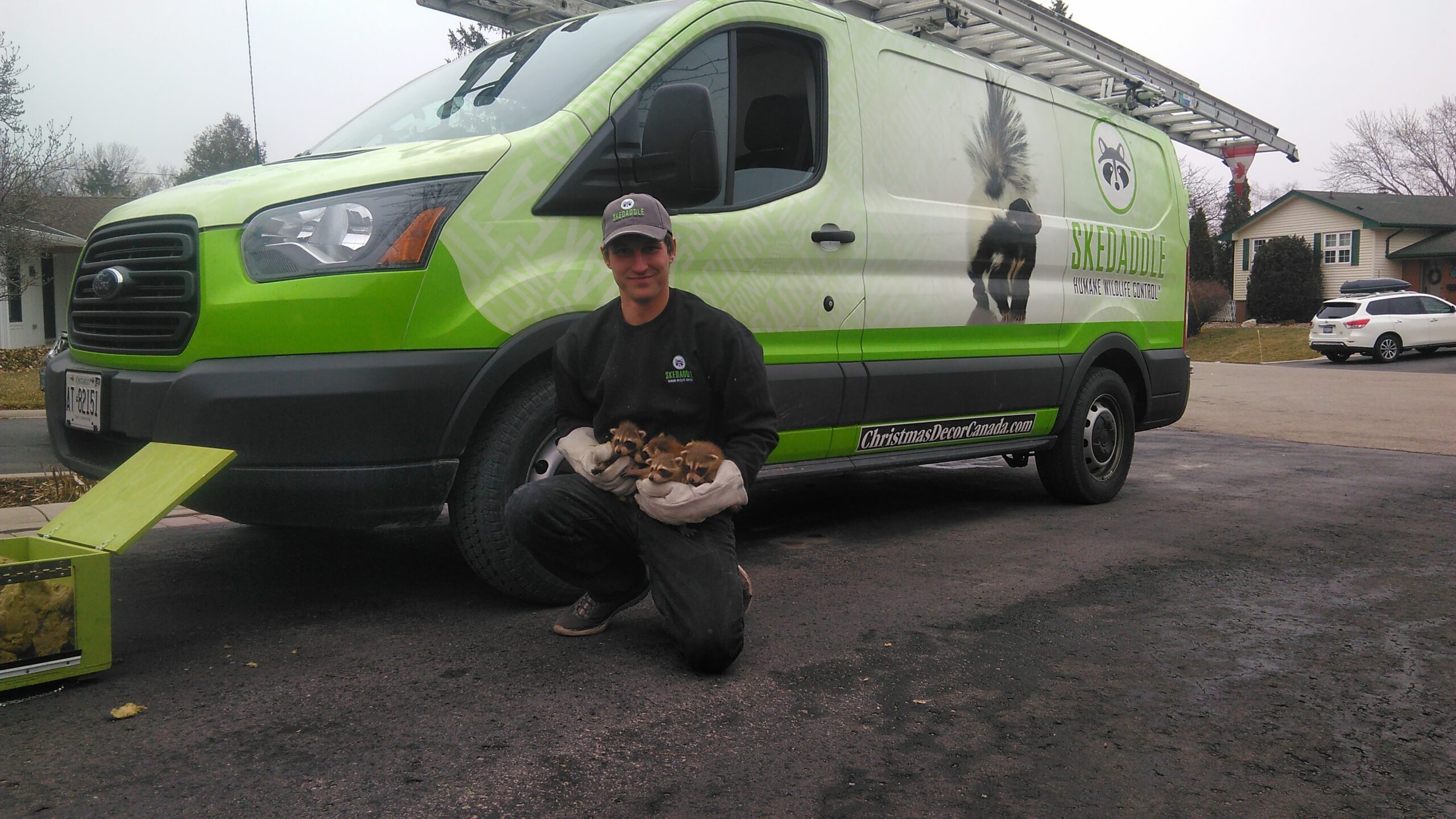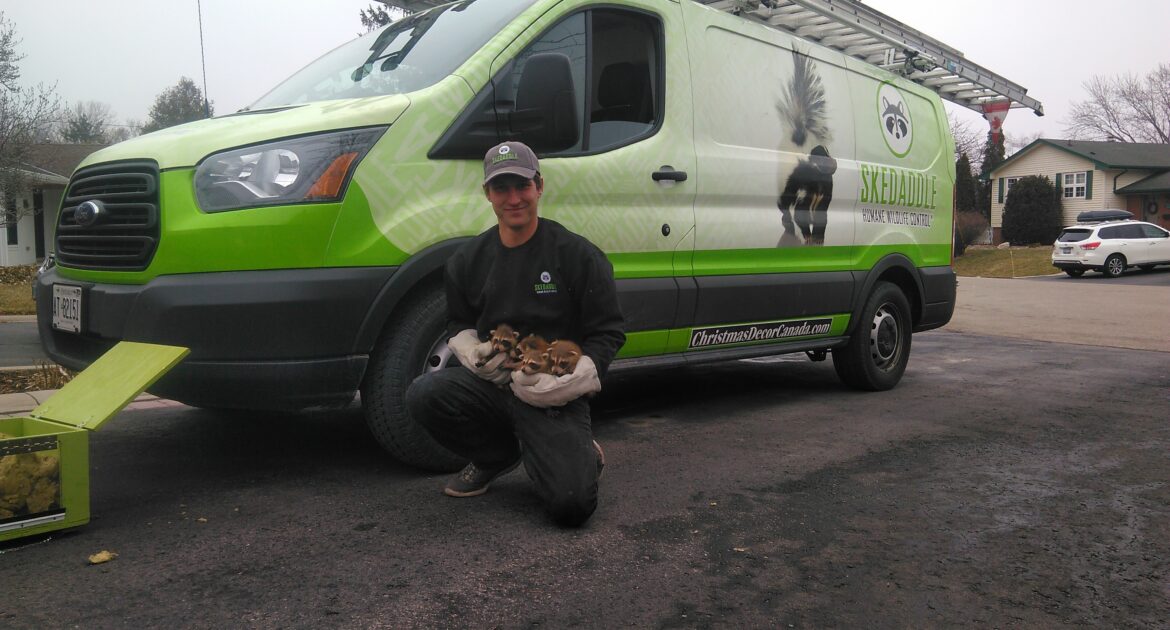Because the raccoon mating season runs from January to June, winter is a great time for homeowners to learn more about this important time for these animals. When raccoons enter a home, they have the potential to cause a large amount of damage, and mating season only exacerbates this problem. Furthermore, since these creatures mate during some of the coldest months of the year, they will be looking for ways to keep their young warm. Professionals who perform raccoon removal in Coquitlam want you to know these three important things about the raccoon mating season.
1. Raccoons Seek Spaces Like Attics
Attics are an ideal location for raccoons looking to protect their babies from predators and from the harsh weather conditions synonymous with winter. Some of the reasons why these creatures take up residences in attics include:
- The location, which is high above the ground and away from natural predators of raccoons, such as coyotes, who go after baby raccoons in ground dens.
- The space, which is covered by a roof, keeps babies safe from predators like owls and hawks
- The attic’s warmth makes it an ideal location for mothers to keep their young who do not yet have a full coat of fur
- The attic’s proximity to food and water, which animals of all kinds look for when searching for a place to stay

Your attic offers many features that make it an attractive place for a mother raccoon to stay for a while with her babies. While this is an ideal situation for her, it is not ideal for you as a homeowner. Raccoons can be very destructive, causing damage to things such as insulation and the wiring supplying electricity to the rest of your home. Fortunately, there are some things that you can do to protect your attic from raccoons, such as:
- Ensuring that the space is sealed off, including around doors, windows and the roof
- Keeping the space clean and uncluttered to discourage the use of the space to stay secure and cozy
- Hiring a professional wildlife control service to remove any existing critters in your home
By taking some precautions, you can continue to use your attic as intended without uninvited guests.
2. Raccoons Are Protective
Raccoon mothers are serious about protecting their vulnerable young babies. As a result, the removal of these animals becomes more complicated when there are babies involved. Some signs that raccoons have entered your home and are hanging around include:
- The presence of fur and droppings on the floor, roof, or along edges of walls and fences.
- Evidence of insulation, vents and other items being chewed on or otherwise disturbed
- Noises coming from the attic and other areas where human residents rarely frequent
Once you are aware of how raccoons behave, particularly mothers watching after their young and looking for someplace safe to stay, you can start making your home a less attractive place for them to dwell.
3. Newborns Are Deaf and Blind
Raccoons are born deaf and blind, which is another reason why their mothers have such strong protective instincts. Some other ways to identify baby raccoons include the appearance of a sparse coat of fur and, in the case of very young newborns, a facial mask that has yet to appear. Because the babies are so dependent on their mothers, any raccoon removal in Coquitlam should be completed by a professional who knows how to look for and find babies that might be hidden in a location.
If you believe you have raccoons in your home, Skedaddle Humane Wildlife Control can safely and quickly eliminate the problem for you. Quick removal should be a priority when growing babies are involved. Our wildlife removal team uses technology like thermal images to find nests and babies in your home. Once located we ensure the babies are protected with a heated baby box while allowing mom to humanely leave by using a one-way door.
Give us a call today to discuss your problem and how we can provide an effective solution.




